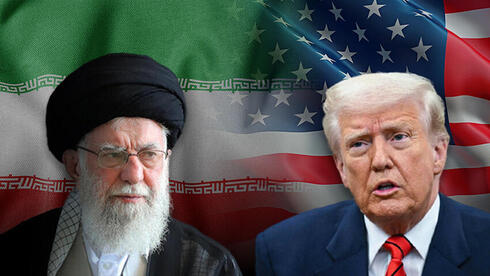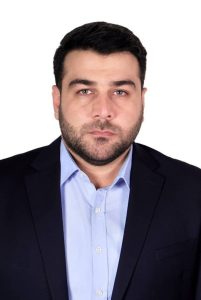Exclusive Interview
Amid the resumption of dialog with Washington following Donald Trump’s renewed push for the JCPOA talks, PIR Center interviewed Mr. Majid Afshani, International Relations Expert specializing in Iran’s nuclear policy, Tehran’s strategy amid shifts in the U.S. policy, the role of sanctions and potential compromises, and the influence of third world countries within the resolution process.
The interview was conducted by Artem Govallo, PIR Center intern.
Artem Govallo: After the 2024 U.S. elections, how has Iran changed its approach to negotiations with Washington to prepare for possible changes in the U.S. policy on the nuclear deal?
Majid Afshani: Iran has never abandoned or blocked the pathway of negotiation. Framing the issue otherwise is a tactic used by the Western media. If you look at the history of Iran’s foreign policy since the revolution, despite all the media hype, Tehran has always been pragmatic and flexible to maximize its interests. Fortunately, unlike the U.S., Iran’s overarching foreign policy is consistent and principled, making it reliable.
Skillful signals were sent even before Trump took office, aimed at this purpose. After President Trump’s inauguration, verbal threats were met with verbal threats, which was reflected in changing the tone of correspondence between the two sides. Without firm and decisive response to threatening language, the Saturday negotiations would not have happened. In these unpredictable times, Iran’s leader thought strategically, tested the seriousness of the other side, and received a response. So far, Tehran is ahead. It should be noted that the logic of decision-making for both sides involves weighing benefits and losses, but these are not only material; prestige plays a major role in the balance and battle of wills.
Artem Govallo: After the U.S. withdrew from the nuclear deal in 2018 and sanctions against Iran were reinstated, what do you think made the Trump administration return now to the idea of negotiations, despite previous criticism of the JCPOA? And why has Iran, despite its historical distrust of the U.S., agreed to dialogue given its progress on nuclear program?
Majid Afshani: The short answer is that Mr. Trump is still learning how to be president. In his previous term, he made wrong decisions based on poor advice. Fortunately, unlike seasoned politicians, he does not insist on repeating mistakes and has distanced himself from some of those advisors this time. Another factor is Iran’s seriousness in action, which has changed the conditions. Today, Iran has fired 200 ballistic missiles at Israeli, increased its uranium enrichment level, and demonstrated readiness for a broad conflict. Clearly, the Iranian people are under economic pressure due to unilateral sanctions, and Tehran will choose the less costly path to improve conditions, which is diplomacy. However, these negotiations have a history that has deepened mistrust. So, Americans should be very cautious this time, as they have surprisingly been up until now. Honestly, right now I’m more concerned about the role of third countries.
Artem Govallo: What specific, practical compromises — like step-by-step sanctions relief in exchange for verifiable reductions in uranium enrichment—could break the current deadlock and make a realistic prospect for resuming the nuclear deal?
Majid Afshani: I am not familiar with the technical details of the negotiations. Realistically, tools such as the level of the IAEA (Ed. note – International Atomic Energy Agency) monitoring and freezing the current status quo are on the table in bargaining. However, based on past experience, the Iranian side will certainly demand a different, more reliable mechanism for sanctions relief. Given the mistrust, phasing is probably unavoidable, but how these steps link to Iran’s oil export and assets depends on a seasoned diplomat from a carpet merchant family and a real estate trader—who may not both be skilled diplomats but have trade in their blood. I believe the complexity of the negotiations has been greatly reduced because both sides know what they want, and they want it as soon as possible. So, there is no time for extra maneuvers. Another positive point is that Europe’s role has diminished compared to before. Iran’s negotiations with the U.S. deep state have failed for over four decades; perhaps this time an outsider might make a difference — if he does not listen to the same deep state.
Key words: International Security; Nuclear Nonproliferation; Iran; JCPOA
NPT
F13/AST – 25/04/22




